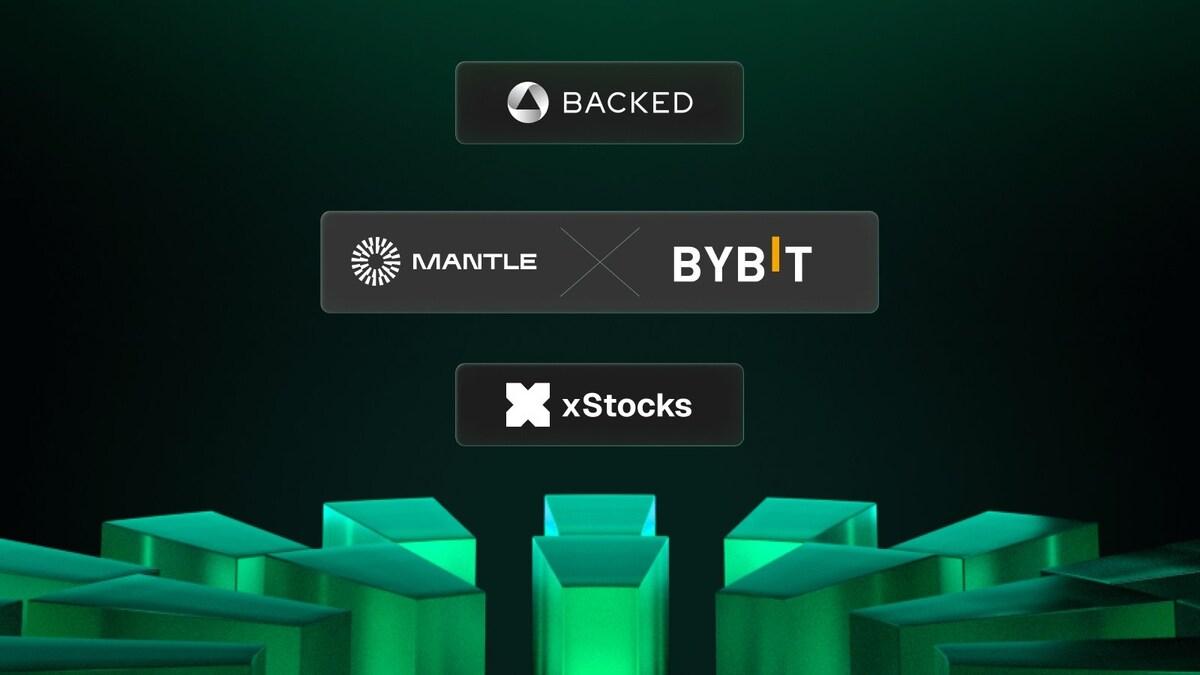The U.S. Treasury and the IRS have announced a new safe harbor that allows crypto exchange-traded funds (ETFs) to stake digital assets without paying extra tax. The guidance resolves a regulatory challenge that previously prevented asset managers from participating in staking networks due to concerns about potentially violating tax laws. Safe Harbor Guidance Under Revenue Procedure 2025-31, ETFs and trusts are now allowed to stake digital assets and share the rewards directly with investors. Treasury Secretary Scott Bessent stated on November 10 that the move is intended to enhance investor benefits, promote innovation, and maintain America’s position as a global leader in digital asset and blockchain technology. Under the previous framework, tax law prohibited a trust from controlling its investments or operating a business for profit. This created a challenge because actively managing staking could lead the IRS to classify the product as a corporation. If that happened, the trust’s rewards would be subject to corporate taxes, making the activity unprofitable for investors. The revised policy creates a safe harbor where staking rewards earned within an ETP framework do not automatically create immediate tax liabilities for individual investors. Consensys lawyer Bill Hughes explained the update, stating, “[The guidance] transforms staking from a compliance risk into a tax-recognized, institutionally viable activity.” To take advantage of the protection, an ETF must follow strict rules. The investment products must operate on a national securities exchange and have all activities and disclosures approved by the SEC. The trust can hold only cash and one type of proof-of-stake digital asset, and management is limited to essential tasks, such as accepting assets, paying expenses, and distributing rewards. Earning profits from market fluctuations is also not allowed, and a third-party custodian must hold the private keys and work with an independent staking provider. New Rules Accelerate a Growing Trend This new tax clarity arrives as asset managers are already expanding their offerings. The regulatory path for such products was partly cleared in August when the SEC’s Division of Corporation Finance issued a bulletin stating that certain liquid staking activities do not fall under securities laws. Many experts saw the determination as the last major obstacle for the SEC to approve staking in spot Ethereum ETFs. It set the stage for new products, including the first Solana staking ETF, which launched in the United States back in July. BMNR Bullz, a well-known X account, described the development as a major victory for ETH and crypto ETFs, suggesting it could open the door to trillions of dollars in institutional capital and accelerate mainstream digital asset adoption. The post IRS Introduces Safe Harbor Allowing Tax-Free Staking for Crypto ETPs appeared first on CryptoPotato.

More Headlines

One Week After Staking ETFs, Solana Price Prediction is Weakening: Will $150 Hold?
99bitcoins

Top Crypto Presales to Watch as Coinbase Launches Its New Token Sale Platform
NewsBTC

IRS Opens Door to Staking in Crypto ETFs With New Guidance
99bitcoins

Mantle Collaborates with Bybit and Backed to Bring U.S. Equities Onchain, Pioneering Next Trillion-Dollar Wave of Tokenized Assets
TheBitCoinNews

Best Crypto to Buy Now 11 November – XRP, Bitcoin, Solana
CryptoNews.com

Google’s Gemini AI Predicts the Price of XRP, PEPE, Ethereum by the End of 2025
CryptoNews.com
